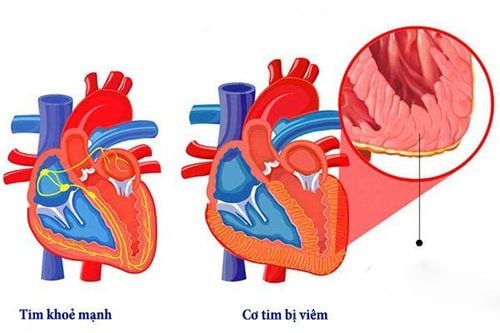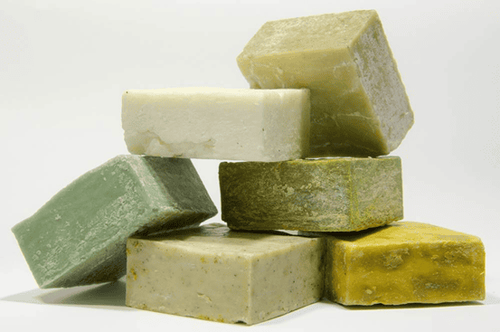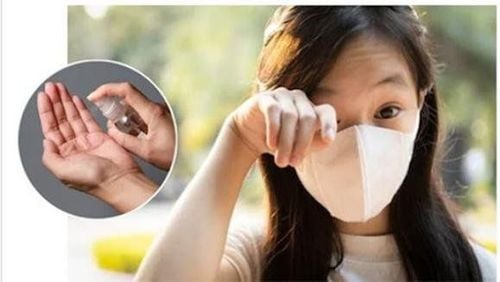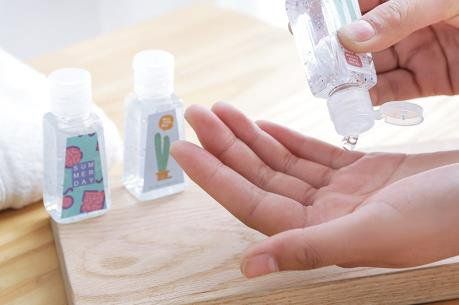This is an automatically translated article.
Keeping hands clean is one of the most important steps we can take proactively to avoid many diseases and limit the spread of germs to others. Surely many of you will wonder why to wash your hands and what scientific explanation for hand washing to prevent disease?
1. How do germs get into hands and make people sick?
Human or animal feces are a major source of bacteria such as Salmonella , E. coli O157 and norovirus that cause diarrhea and it can spread some respiratory infections such as adenovirus and hand, foot and mouth disease.
These germs can get on your hands after you use the bathroom or change a diaper, even after you handle raw meat that has been contaminated with animal feces. One gram of human feces the weight of a paper clip can contain a trillion germs.
Germs can also get on your hands if you touch any objects that have germs on them when they become contaminated by someone coughing or sneezing or touching these objects. When these germs get on your hands and you don't wash them, they can pass from person to person and make you and that person sick.
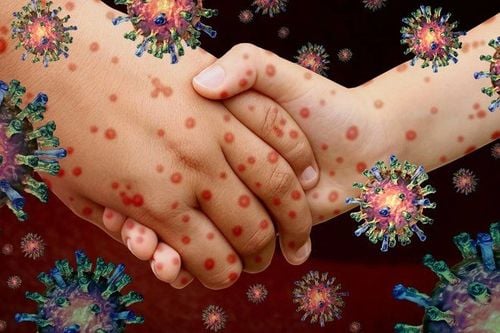
Vi trùng xâm nhập có thể truyền từ người này sang người khác
2. Wash your hands for what?
Wash your hands with soap to remove germs that can cause illness from your hands. This helps prevent infection because:
People often have the habit of touching their eyes, nose and mouth with their hands without even realizing it. Germs can enter the body through the eyes, nose and mouth and make us sick. Germs from unwashed hands can get into food and drinks while people are preparing or eating them. Germs can proliferate in certain foods or drinks or under certain conditions and make the body sick. Germs from unwashed hands can transfer germs from your hands to other objects, such as when you grab a handrail, touch or grip a table top or toy, and then transfer it to someone else's hand. So killing viruses, bacteria and other agents by washing your hands with soap will help prevent diarrhea, respiratory infections and may even help prevent skin and eye infections.
Educating people on hand washing keeps themselves and the community around them healthy. Some studies have shown that, when people are taught to wash their hands, they:
23-40% reduction in diarrhea cases 58% reduction in diarrhea cases in people with weakened immune systems 16 reductions -21% cases of respiratory diseases, such as colds 29-57% reduction in the number of students absent from school due to gastrointestinal diseases
3. Not washing hands harms children worldwide
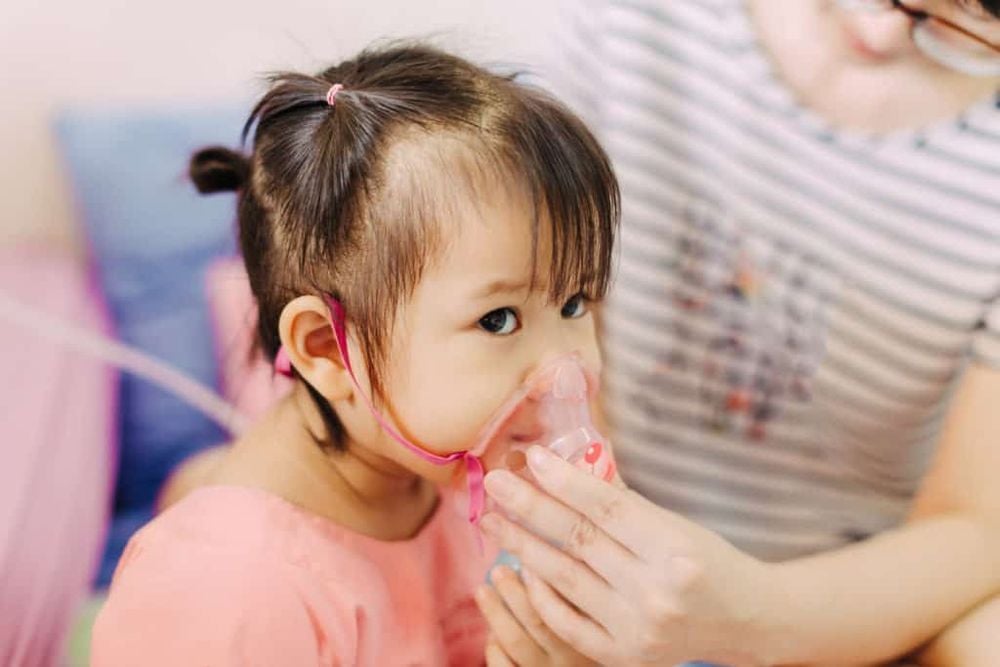
Rửa tay thường xuyên ngăn chặn trẻ bị nhiễm trùng đường hô hấp như viêm phổi
About 1.8 million children under the age of 5 die each year from diarrhea and pneumonia, the two leading killers of children worldwide. Washing hands with soap can protect about one-third of children from diarrhea and nearly one-fifth from respiratory infections such as pneumonia.
Although people around the world usually only wash their hands with water, very few people use soap to wash their hands. However, experts recommend that washing hands with soap is much more effective at removing germs.
Handwashing education and handwashing with soap in schools will help improve absenteeism. It is estimated that the global rate of hand washing after using the toilet is only 19%.
4. Hand washing helps fight the rise of antibiotic resistance
Prevent disease by reducing the amount of antibiotics a person needs to take when sick and reducing antibiotic resistance. Hand washing can prevent about 30% of diarrhea-related illnesses and about 20% of respiratory infections (e.g. colds), although these do not require antibiotics to treat them. in fact, people can buy antibiotics themselves to treat these diseases.
Therefore, reducing the number of these infections by washing hands with soap regularly and at the right time helps prevent the overuse of antibiotics. Hand washing can also help prevent infection with bacteria that are already resistant to antibiotics.
5. Time to wash your hands to prevent illness
You can help prevent illness for yourself and your loved ones by washing your hands often with soap, especially during these critical times when you are likely to get germs and spread them easily. germs to others:Before, during and after preparing food Before eating
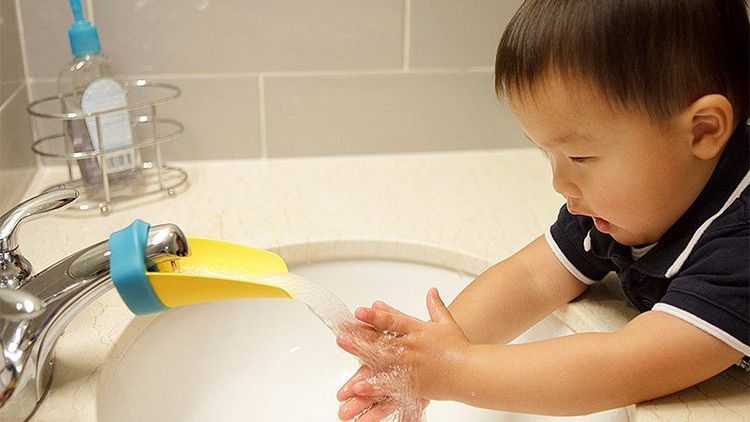
Rửa tay trước khi ăn tránh khả năng nhiễm vi trùng
Before and after caring for someone at home who is sick with vomiting or diarrhea Before and after treating a cut or wound After going to the bathroom After changing a baby's diaper or cleaning the toilet After Blow your nose, cough, or sneeze After touching animals, fodder or animal waste After handling pet food After touching garbage
Please dial HOTLINE for more information or register for an appointment HERE. Download MyVinmec app to make appointments faster and to manage your bookings easily.
Articles source references: cdc.gov, mayoclinic.org



